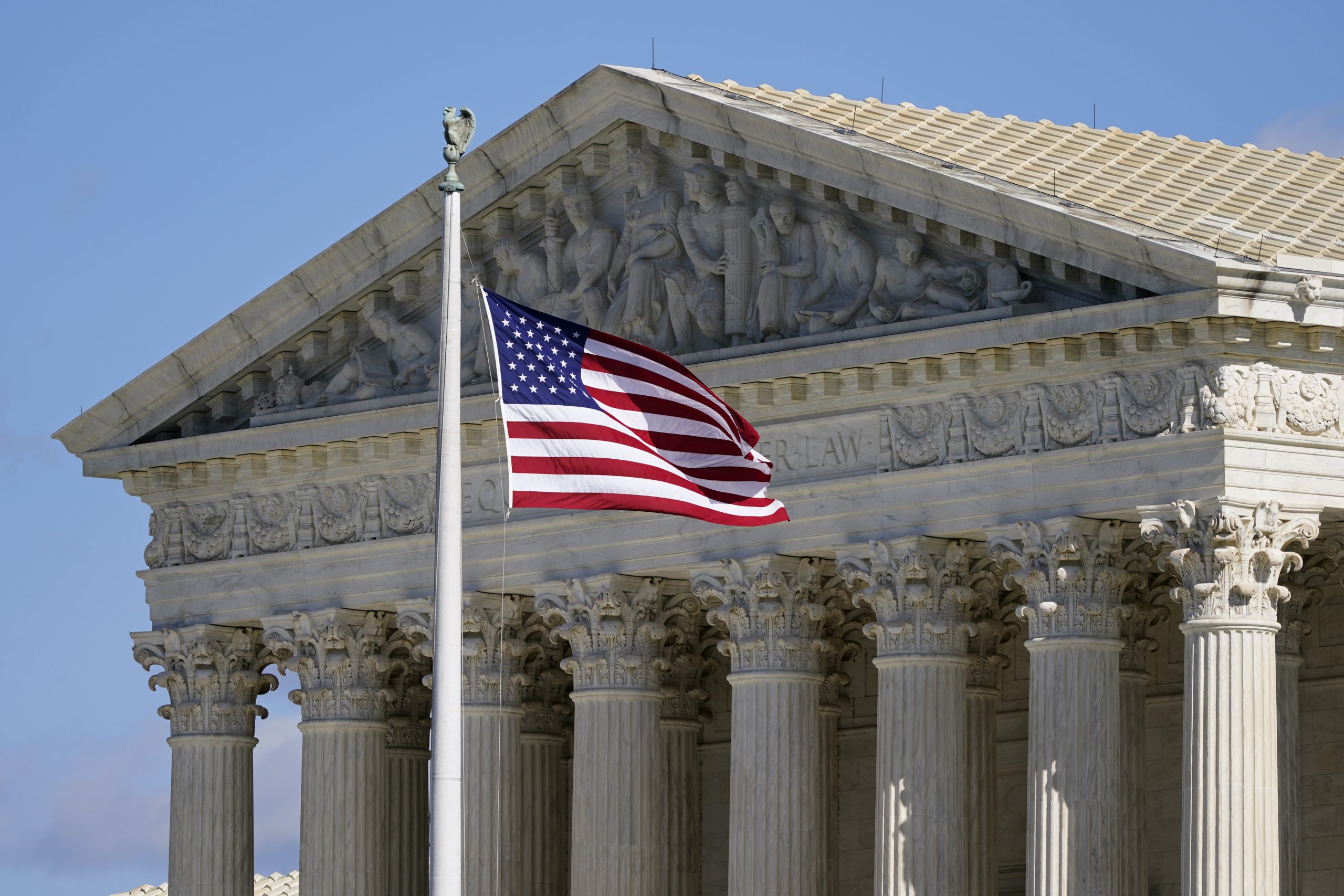A group of House Democratic lawmakers is urging the Supreme Court to uphold affirmative action in higher education when the justices hear arguments in challenges to race-conscious admissions policies at two universities in the fall term.
House Education and Labor Committee Chairman Bobby Scott of Virginia and 64 Democratic colleagues filed a brief Monday calling on the high court to reject legal challenges targeted at Harvard University and the University of North Carolina that claim admissions policies using race as a factor have disproportionately harmed Asian American applicants.
“Narrowly tailored admissions policies that recognize race as one criterion — out of many criteria for evaluating prospective students — are a key tool to realize diverse learning environments and address continued educational inequity,” Scott wrote in a statement issued Tuesday.
KETANJI BROWN JACKSON WILL RULE ON ONE AFFIRMATIVE ACTION CASE DESPITE RECUSAL PLEDGE

The Supreme Court was poised to hear arguments in both cases on a consolidated basis, though it recently decoupled the pair of cases surrounding affirmative action policies, presumably so newest Justice Ketanji Brown Jackson could weigh in on the UNC case after she pledged to recuse herself from the Harvard case in March.
Jackson, who was sworn in as the first black woman on the high court in June, said she planned to recuse herself from the previously consolidated lawsuits during her Senate Judiciary Committee hearings due to her role on Harvard’s Board of Overseers, which concluded on May 26.
Pleading for the high court to uphold affirmative action policies, Scott added that “research has confirmed that diverse campuses not only support underserved students, but also provide all students with a quality, well-rounded education.”
The group that brought the lawsuits against the universities, Students for Fair Admissions, claims that Asian Americans are unfairly disadvantaged by the policies and are admitted at a lower rate than white applicants despite having higher test scores on average.
Conversely, SFFA’s lawsuits have been supported in a separate brief filed by 82 Republican lawmakers in May, led by Sen. Ted Cruz (R-TX) and Rep. Michelle Steel (R-CA).
The latest brief by Democrats serves as a reinforcement of the position held by President Joe Biden’s Justice Department. Before the Supreme Court took up the case for consideration in January, the Justice Department asked the court to reject SFFA’s petition.
The chance for the Supreme Court to strike down affirmative action policies is much greater than it has been in decades.
Three Republican-appointed justices, Clarence Thomas, Samuel Alito, and Chief Justice John Roberts, voted against affirmative action in the 2016 case that last upheld the precedent, Fisher v. University of Texas.
CLICK HERE TO READ MORE FROM THE WASHINGTON EXAMINER
And the justices who were key to the decisions to maintain the precedent, Anthony Kennedy and Ruth Bader Ginsburg, were succeeded by Justices Brett Kavanaugh and Amy Coney Barrett, both of whom were appointed by former President Donald Trump and are more likely to disagree with the previous precedent.
Both Students for Fair Admissions v. President and Fellows of Harvard College and Students for Fair Admissions v. University of North Carolina are likely to be heard by the justices in November or December, though no date has been announced for the cases.
